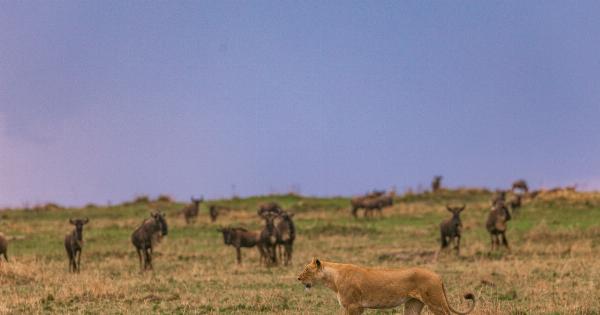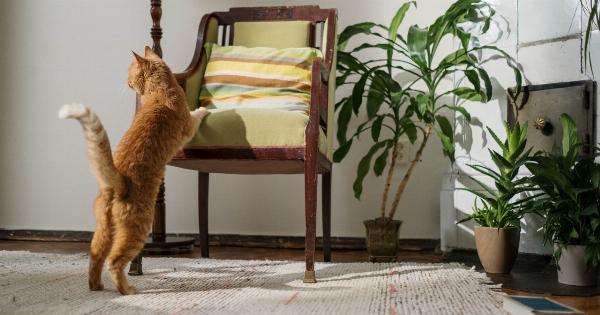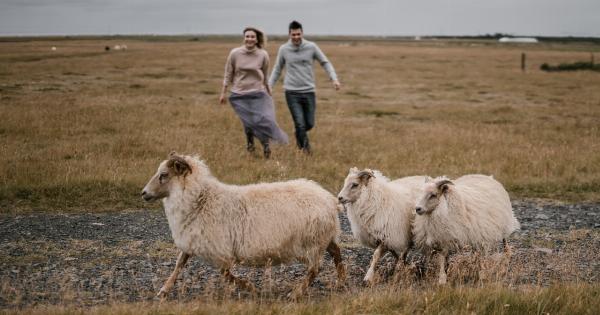In recent years, the demand for designer pets with unique physical characteristics has surged. People are increasingly drawn to animals bred with intentional genetic mutations, resulting in eye-catching traits that go beyond what nature intended.
However, the Netherlands has emerged as a leading advocate for animal welfare by taking a firm stance against designer pets with genetic mutations. In this article, we delve into the reasons behind the Netherlands’ strict regulations and explore the potential consequences of breeding animals for distinctive physical attributes.
Understanding Designer Pets and Genetic Mutations
Designer pets are animals specifically bred to possess certain aesthetic traits that are not naturally occurring or are highly exaggerated.
These traits can range from unusually large eyes and wrinkled skin to compact body structures and altered color patterns. The creation of these designer pets often involves manipulating the animals’ genetic makeup through selective breeding or even genetic engineering.
Genetic mutations, on the other hand, occur naturally and can lead to variations in an organism’s physical characteristics. However, when breeding animals for mutations with the sole purpose of creating designer pets, ethical concerns arise.
These concerns prompt many countries, including the Netherlands, to take a proactive approach in regulating the breeding and sale of animals with genetic mutations.
The Netherlands’ Commitment to Animal Welfare
The Netherlands has long been considered a pioneer in animal welfare legislation. The country places a strong emphasis on safeguarding the well-being of animals and actively promotes responsible pet ownership.
The Dutch government has implemented strict regulations to ensure that animals are bred and kept in conditions that prioritize their welfare.
One of the key regulations put forth by the Netherlands is the prohibition of breeding animals for genetic mutations solely for aesthetic purposes.
The country argues that creating animals with deliberate mutations solely for human enjoyment disregards the potential health risks and suffering that these animals may endure. By taking a firm stance against designer pets, the Netherlands aims to prevent unscrupulous breeding practices and protect the interests of animals.
The Ethical Concerns Surrounding Designer Pets
While the allure of owning a pet with unique physical characteristics may be tempting, it is essential to consider the ethical implications associated with breeding designer pets.
1. Health Issues and Suffering
Designer pets often suffer from a range of health issues resulting from their genetic mutations. These animals may be more susceptible to respiratory problems, joint complications, organ malfunctions, and even shortened lifespans.
Breeding for specific traits can disregard natural selection, which may have adverse effects on the animals’ well-being. The Netherlands believes that intentionally creating animals prone to suffering goes against the principles of animal welfare.
2. Overemphasis on Appearance
By focusing excessively on an animal’s appearance, the breeding of designer pets may prioritize superficial traits over more crucial aspects, such as temperament and overall health.
This can lead to pets that are aesthetically appealing but lack the qualities necessary for a well-rounded companion. The Netherlands advocates for responsible breeding, urging people to prioritize the overall health and well-being of animals over their external appearance.
3. Neglect of Non-Designer Animals
The popularity of designer pets can inadvertently lead to a neglect of non-designer animals in shelters and rescue organizations.
As people gravitate towards owning pets with specific modifications, there may be a decrease in adoptions of animals that do not possess those desired traits. The Netherlands strives to promote the adoption of all animals in need of a loving home, regardless of whether they possess unique physical characteristics or not.
The Consequences of Designer Pets with Genetic Mutations
The rise in popularity of designer pets and the breeding of animals with genetic mutations can have far-reaching consequences that extend beyond the immediate welfare concerns. Some of these consequences include:.
1. Inbreeding and Genetic Disorders
Intentional breeding for specific traits can often lead to inbreeding, as a limited number of animals possess the desired mutations.
Inbreeding increases the risk of genetic disorders and other hereditary diseases within a population, compromising the overall health and genetic diversity. The Netherlands emphasizes the importance of maintaining genetic diversity and minimizing the risks associated with excessive inbreeding.
2. Exploitation of Animals
The trend of designer pets with genetic mutations can open up opportunities for unscrupulous breeders to exploit animals for financial gain.
This can lead to unregulated breeding practices, inadequate living conditions, and overall mistreatment of animals. By taking a stand against designer pets, the Netherlands aims to curb the potential exploitation of animals for their physical attributes.
3. Impact on Future Generations
Continued breeding for specific traits can perpetuate unrealistic beauty standards for pets. This focus on aesthetics may distort people’s expectations of what a pet should look like and disregard the innate beauty found in natural variations.
The Netherlands believes that embracing the diverse characteristics of naturally occurring animals is essential for fostering a healthy and respectful relationship between humans and animals.
Promoting Responsible Pet Ownership
Instead of encouraging the breeding and purchase of designer pets with genetic mutations, the Netherlands advocates for responsible pet ownership.
The country actively encourages potential pet owners to consider adopting animals from shelters or reputable breeders who prioritize the welfare and long-term health of their animals.
By promoting responsible pet ownership, the Netherlands aims to create a society that values the well-being of all animals, regardless of their appearance.
The country believes that a pet’s worth should be based on the love and companionship it offers, rather than its physical attributes.
In conclusion
The Netherlands’ firm stance against designer pets with genetic mutations reflects its commitment to animal welfare and responsible pet ownership.
By regulating the breeding and sale of animals with intentional genetic modifications, the country aims to protect animals from potential health risks and suffering. Furthermore, the Netherlands seeks to promote the adoption of all animals in need of a loving home and discourage the neglect of non-designer pets.
It is crucial for individuals considering the purchase of a pet to prioritize the animal’s overall well-being and health rather than being solely driven by appearance.
Responsible pet ownership entails providing a safe and loving environment for animals, regardless of whether they possess unique physical characteristics or not. The Netherlands leads by example, encouraging other nations to rethink their approach to designer pets and embrace the importance of animal welfare.































